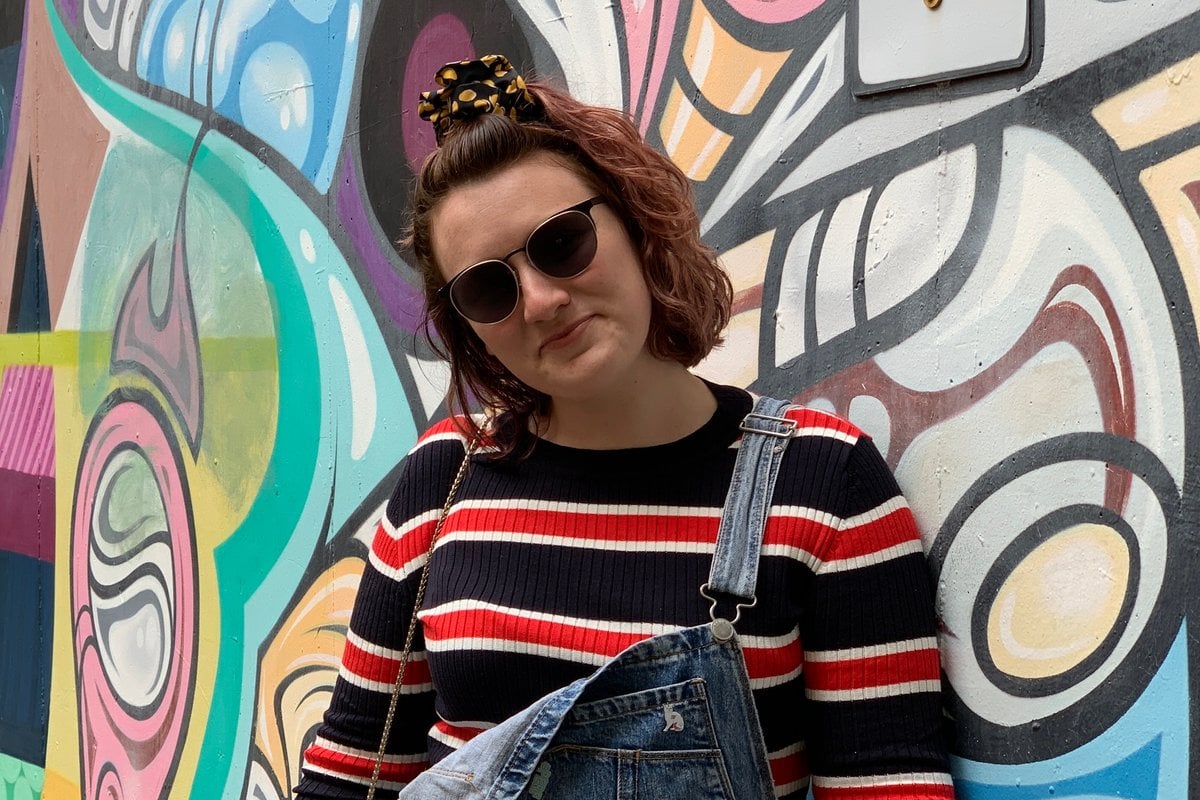
This post contains mentions of sexual assault and may be triggering to some readers.
In 2018, Saxon Mullins appeared on the ABC's Four Corners program and identified herself as "that girl".
That 18-year-old girl who, in 2013, was led to an alleyway behind a Kings Cross nightclub in Sydney and anally penetrated by the nightclub owner's son, Luke Lazarus, a 21-year-old man she’d met minutes earlier.
That girl who returned to her friend in floods of tears and excruciating pain, who went to the hospital and then the police with allegations that she'd been raped.
That girl who'd then been the complainant in a widely reported sexual assault trial that sparked a probe into how NSW law deals with consent.
But in that trial, Saxon Mullins had been painted as a different person altogether.
Saxon Mullins says we need to teach people that a simple conversation is all it takes to know that you have #consent. #4Corners pic.twitter.com/ux4N6XnBcU
— 4corners (@4corners) May 7, 2018




























































































